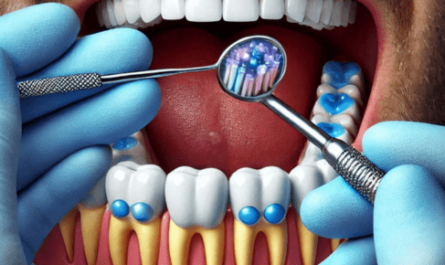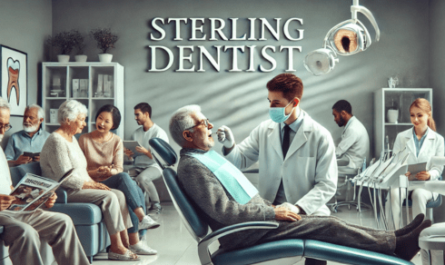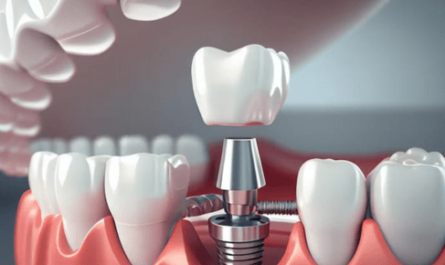Dental appointments are essential components of overall well-being. Knowing their importance and the consequences that might come, people are skipping and refusing dental appointments. The expert team of dentist in Easton, MA, studied that anxiety and financial barriers are two main reasons for this avoidance. Understanding these reasons, the expert team addressed the issue to reverse this trend and promote better oral health practices.
Let’s dive into this and turn down the uncomfortable area for the patients.
Reasons to avoid appointments
Dental anxiety and fear
With tons of counseling, dental anxiety remains the most common reason why individuals avoid dental visits. The sound of dental tools, treatment pain, and post-traumatic experience contribute to this behavior. For many, sitting in front of the dentist is stressful.
Financial Constraints
Many people find the cost of dental care prohibitive. Some feel they cannot prioritize dental health over financial responsibilities without insurance or affordable payment options.
Lack of Time
Finding time for dental appointments can be very challenging in today’s fast-paced world. Balancing personal commitments often comes into play, leaving little room for non-urgent health visits like routine dental checkups.
Perception of low importance
Some people undervalue the importance of dental care, especially when they experience pain or noticeable dental issues. This perception leads to postponing or skipping appointments, which can result in more severe problems later on.
Negative experience
Patients who have had poor experiences with dentists, inadequate staff, and post-procedure support often feel hesitant to return. These experiences create a lasting impression that gets hard to come.
Accessibility Issues
For some, reaching a dental clinic can be challenging, especially regarding transportation, inconvenient locations, or limited appointment availability. These build up the barrier to discourage people from seeking dental care regularly.
How can an Ideal Dentist address this issue?
The role of a dentist goes beyond technical skills. It includes creating a patient-centric environment that addresses fears, misconceptions, and logistical challenges. Here’s how an ideal dentist can resolve these issues:
Create a comfortable environment
To combat dental anxiety, an ideal dentist focuses on creating an atmosphere in the clinic. This includes soothing décor, a calm environment, polite staff, relaxing music, and the option of sedation dentistry. Clear communication about procedures ensures the patient feels heard and respected.
Offer flexible payment options
Addressing financial barriers often requires flexible payment plans or accepting a wide range of insurance providers. The ideal dentist can work on educating patients about preventive care, which is often less costly than treating severe dental problems. Moreover, some clinics provide discounts for regular check-ups or family packages to encourage visits.
Improving the appointment scheduling process
Acknowledging time constraints is an ideal step for a dentist. There must be space to offer flexible hours, including evenings and weekends, to accommodate busy schedules. Online appointment booking and reminders through text or email further simplify the process for patients.
Emphasize on education
Most of the patients avoid dental appointments because they underestimate their importance. Dentists can educate patients about oral health’s connections to overall well-being.
Build trust
A single negative experience can deter patients for years. An ideal dentist takes the time to listen to patient concerns, explain procedures clearly, and ensure minimal discomfort during treatments.
Conclusion
The trend of skipping dental appointments is concerning but can be reversible. By addressing the root cause, the dentist and the patients can work very easily. Creating a welcoming environment, using modern technology, and focusing on personalized care can transform this process entirely.
In the long run, these efforts would benefit patients and dentists, fostering trust and improving overall health outcomes.



